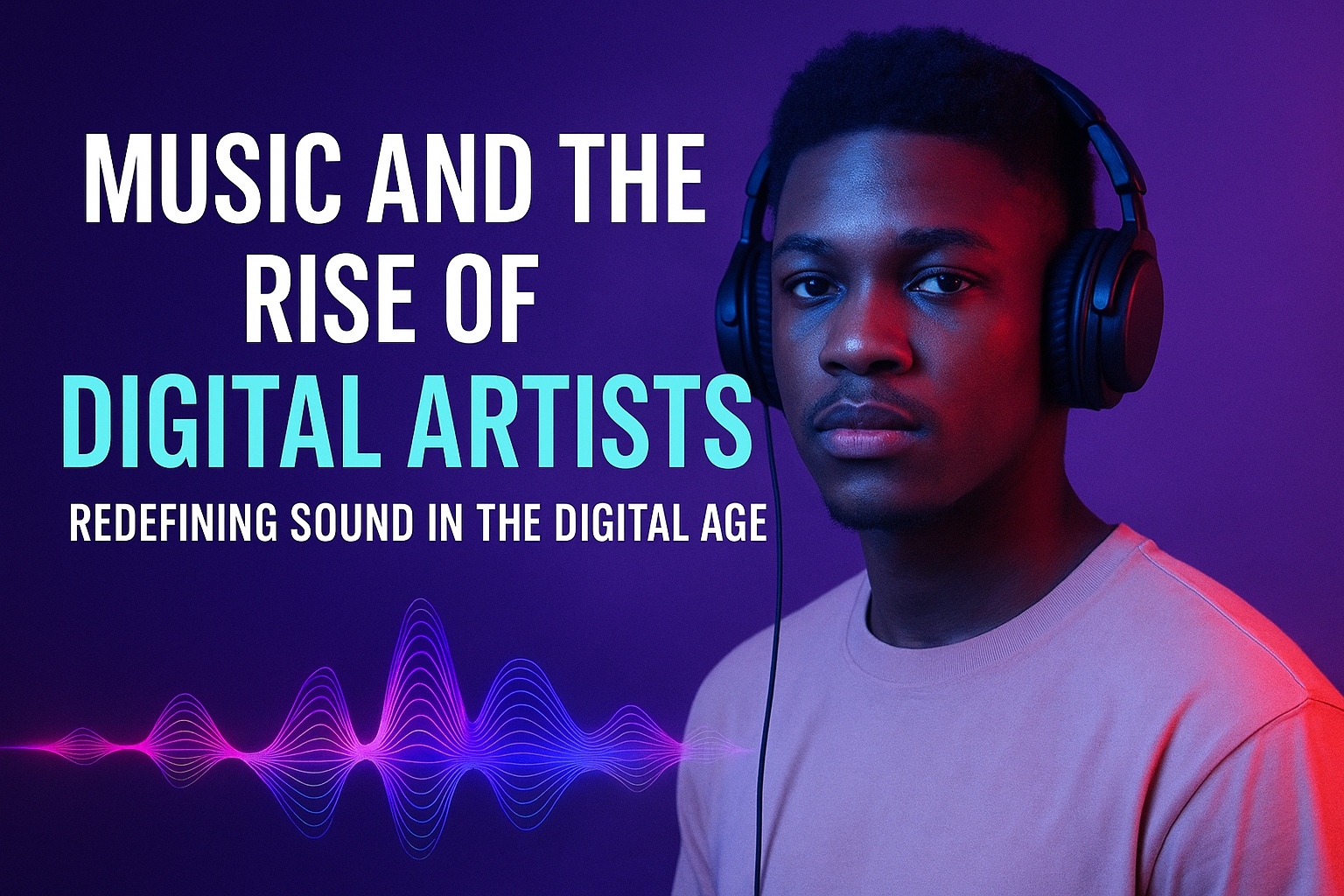Storytelling has always been at the heart of African society. Long before books, films, or digital media, stories were passed down orally from one generation to another. These stories were more than entertainment — they were a living library, preserving history, culture, traditions, and values. In Africa, storytelling continues to play a vital role in keeping heritage alive and shaping identity.
Storytelling as Africa’s First History Book
Before written records, oral tradition served as the foundation for preserving history. Griots, elders, and community leaders acted as historians, passing down tales of kings, wars, migrations, and achievements. These narratives were crucial in documenting events and ensuring that cultural knowledge was never lost.
Storytelling Through Culture and Tradition
African storytelling isn’t limited to spoken words — it is expressed through songs, proverbs, riddles, folktales, dance, and art. Each form carries lessons about morality, community, and resilience. For example:
- Proverbs teach wisdom and guide decision-making.
- Folktales like Tortoise stories in Igbo land highlight values such as honesty and hard work.
- Dance and music communicate history and spiritual beliefs across tribes.
READ ALSO: 10 most powerful Kings in Nigeria and their titles
Storytelling as a Bridge Between Generations
In many African societies, storytelling is how children learn about their roots, identity, and responsibilities. Sitting around the fire, elders share stories that connect the young to their ancestry. This bridge between the past and the present fosters cultural pride and belonging.
ADVERTISEMENT

Modern Storytelling: Nollywood and Digital Platforms
Today, storytelling has evolved beyond oral tradition. Nollywood films, African literature, music, podcasts, and digital art are modern tools for retelling African stories to the world. Platforms like YouTube and TikTok now give African creators the opportunity to share cultural narratives with a global audience, preserving history in new ways.
Why Storytelling Matters for the Future
- Preserves Identity: Stories remind Africans of who they are and where they come from.
- Teaches Values: They pass down morals, customs, and life lessons.
- Builds Global Awareness: African storytelling challenges stereotypes and promotes cultural diversity.
- Encourages Unity: Stories often highlight themes of community, resilience, and collective strength.
Conclusion
Storytelling is more than entertainment in Africa — it is the heartbeat of culture, identity, and history. From the griots of old to today’s filmmakers, storytellers continue to preserve African heritage and share it with the world. As technology grows, Africans must embrace both tradition and innovation to ensure these stories live on for generations.
























